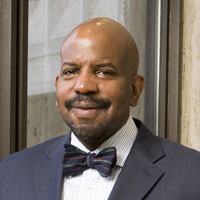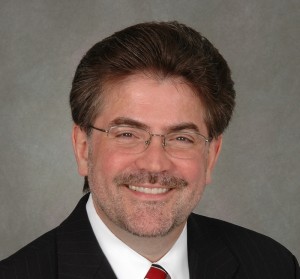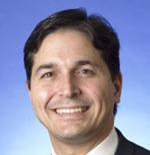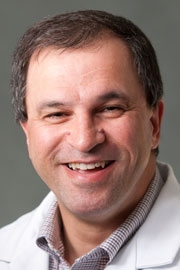Joan Y. Reede, M.D., M.P.H., M.B.A.
Dean, Diversity and Community Partnership, Harvard Medical School
Remembering the Past While Creating the Future
Dr. Joan Reede
Appointed as the first Dean for Diversity and Community Partnership at Harvard Medical School (HMS), Joan Y. Reede is responsible for the development and management of a program that provides leadership, guidance, and support to promote the increased recruitment, retention, and advancement of under-represented minority faculty. In addition, she holds the appointments of Associate Professor of Medicine at HMS, Associate Professor of Society, Human Development, and Health at the Harvard School of Public Health, and Assistant in Health Policy at Massachusetts General Hospital.
Dr. Reede has created and developed more than 16 programs at HMS that aim to address pipeline and leadership issues for minorities and women who are interested in careers in medicine, academic and scientific research, and the healthcare professions. In addition, Dr. Reede founded the Biomedical Careers Program in collaboration with the Massachusetts Medical Society and the New England Board of Higher Education.
Dr. Reede’s numerous awards include the Boston NAACP Health Award, the Community Service Award from the Epilepsy Association of Massachusetts, the American Association of University Administrators Exemplary Models of Administrative Leadership Award, and was named a Center for Disease Control and Prevention/University of California Public Health Leadership Institute Scholar. She was recognized by Modern Healthcare magazine as one of “the top 25 minority executives in healthcare” and by Ebony magazine as a “medical mover and shaker”.
On the national level, Dr. Reede was appointed to the Health and Human Services Advisory Committee on Minority Health, and has served on the Board of Governors for the Warren Grant Magnuson Clinical Center, the National Advisory Dental and Craniofacial Council of the National Institutes of Health, the Secretary’s Advisory Committee on Genetics, Health, and Society, and as a Commissioner of The Sullivan Commission on Diversity in the Healthcare Workforce. Locally, former Massachusetts Governor Jane Swift appointed Dr. Reede to the Board of Directors of the John Adams Innovation Institute of the Massachusetts Technology Collaborative.
Return to The John and Valerie Rowe Scholars Visiting Lecture






